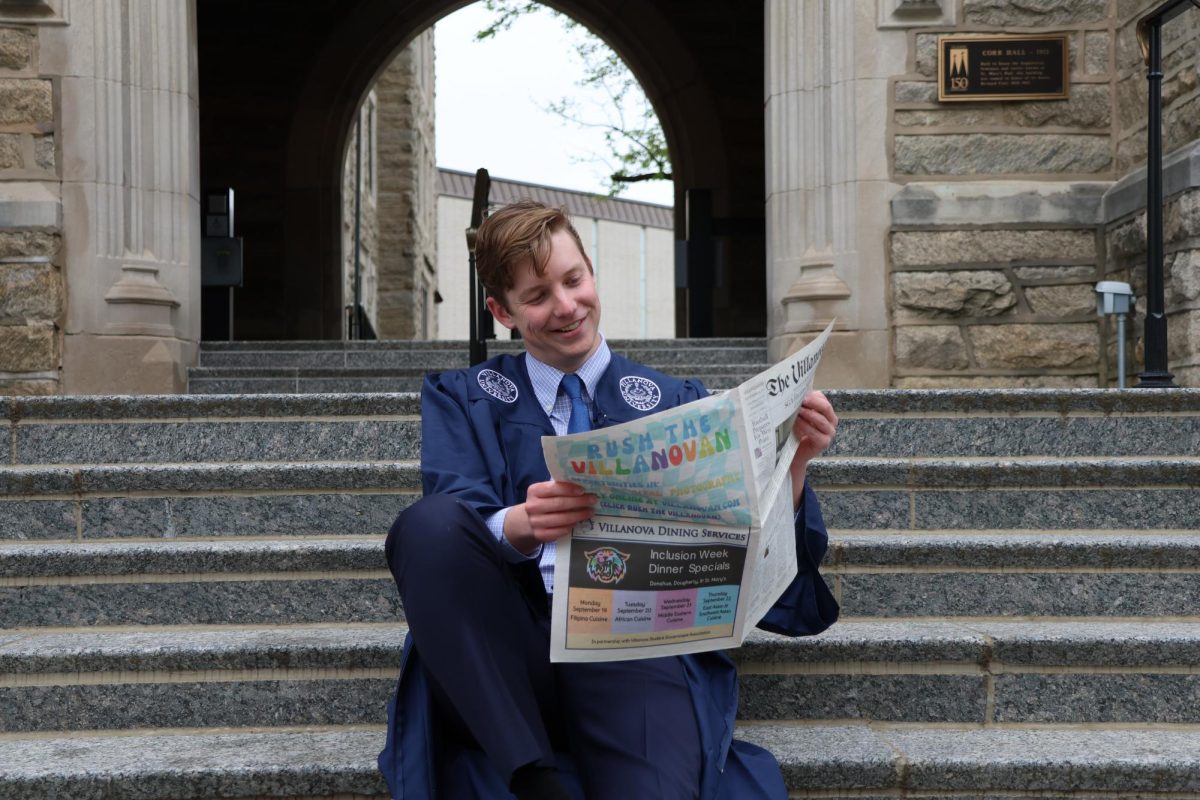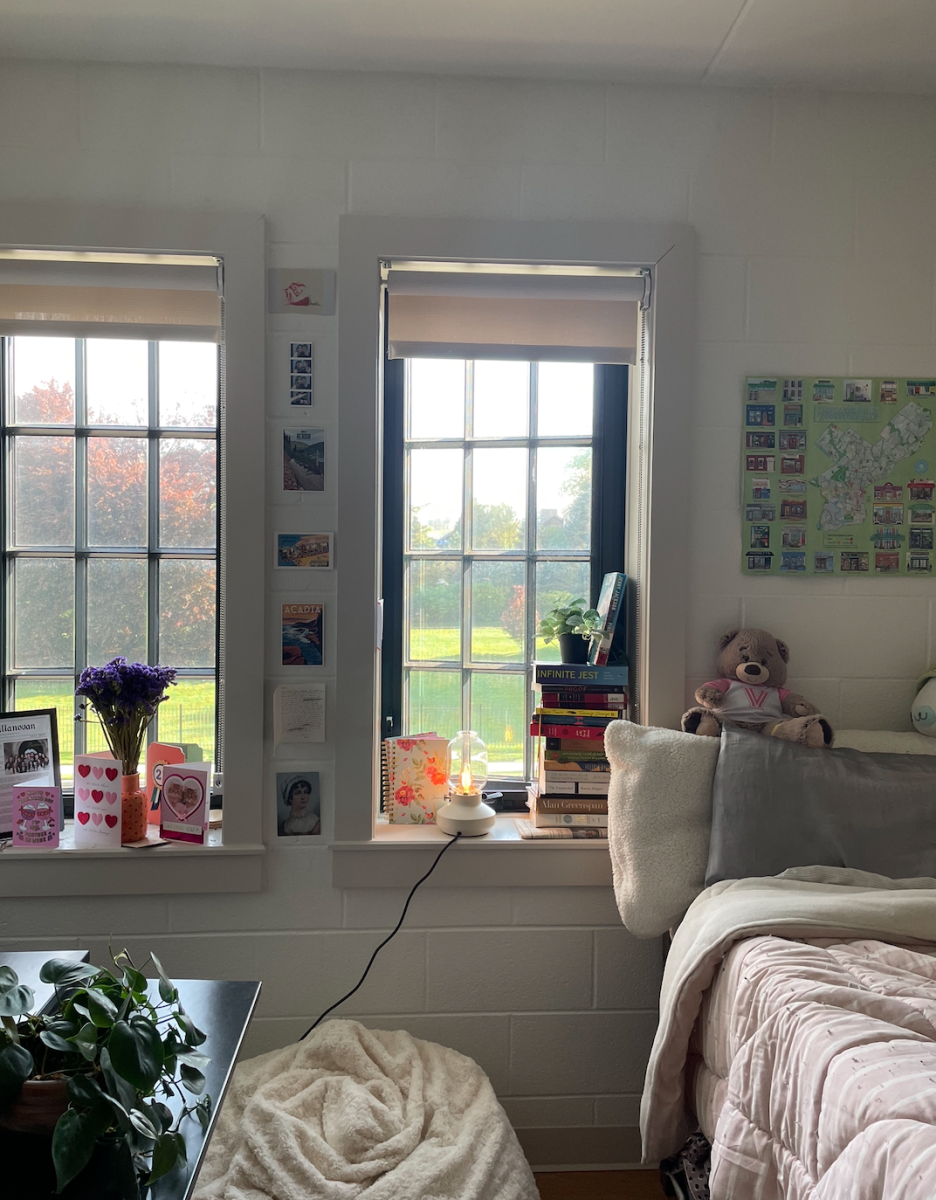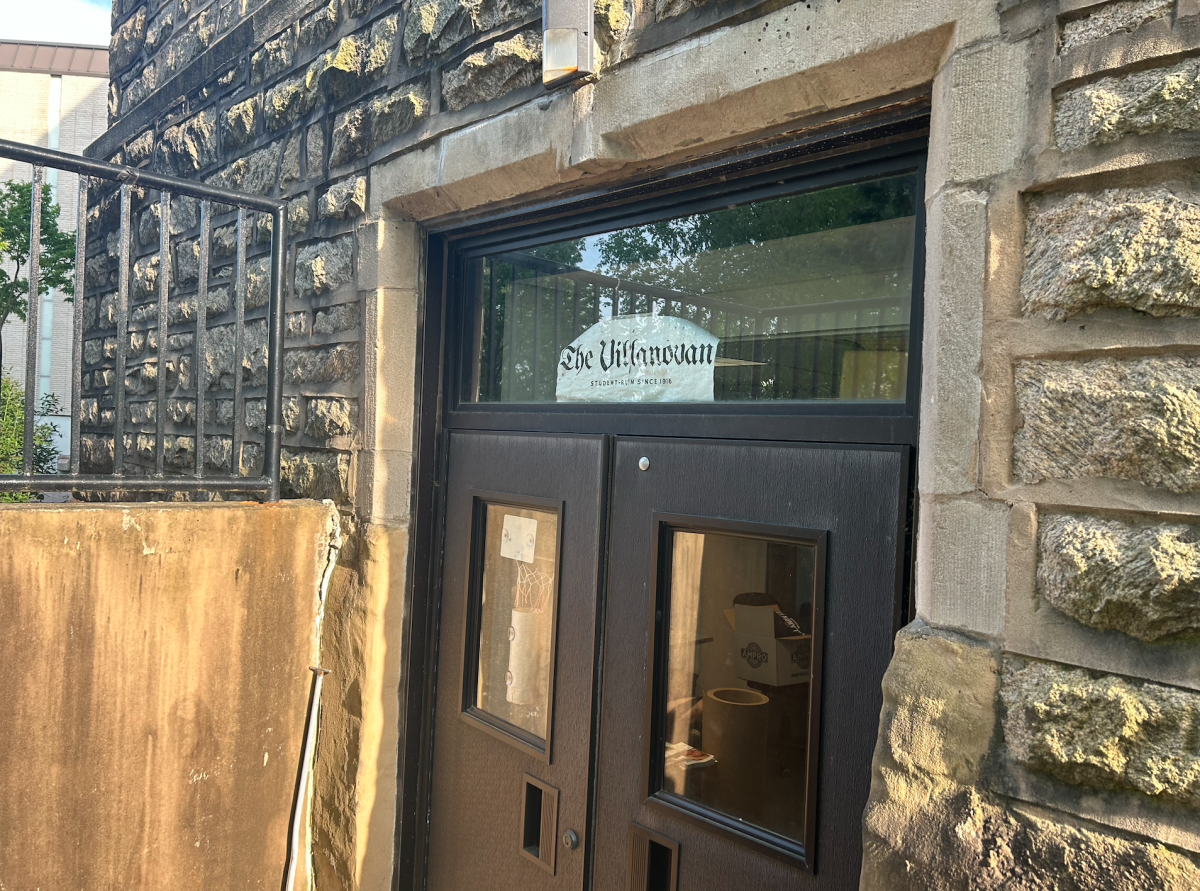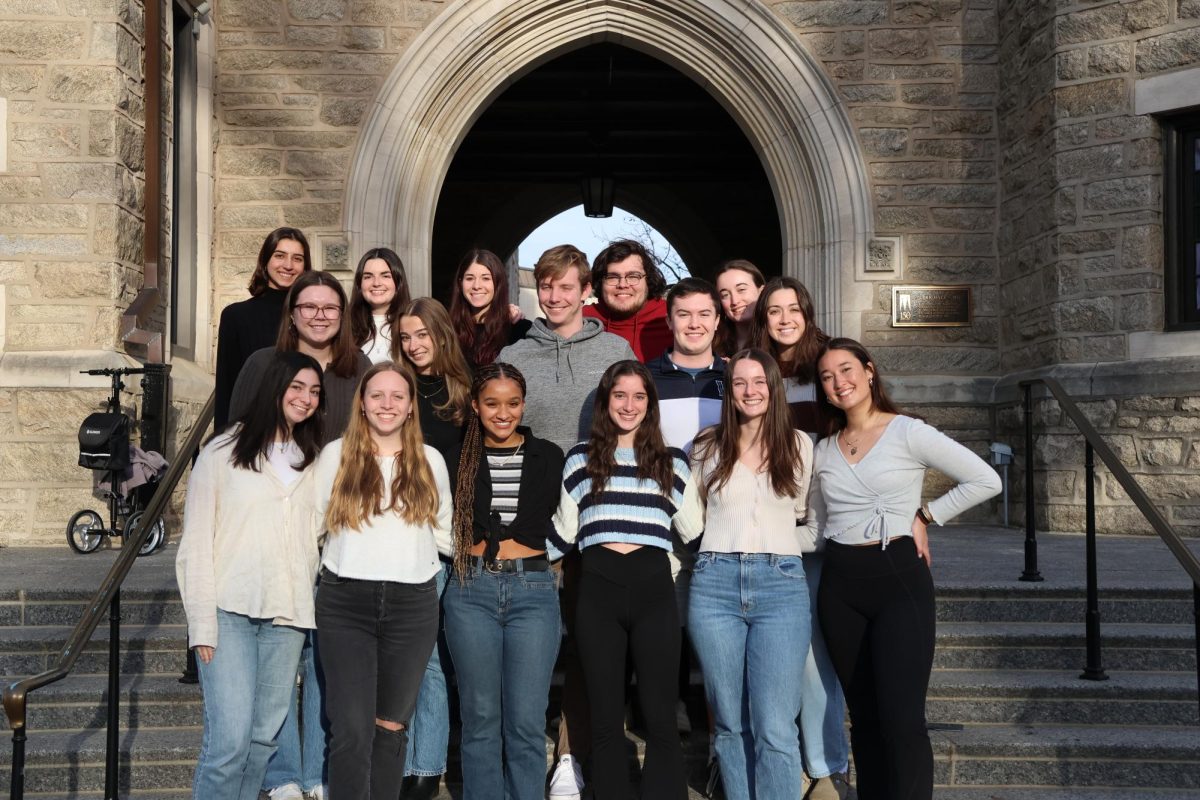In recent months, college campuses across the United States have become hotbeds of tension and hostility as the Israeli-Hamas war continues in the Gaza Strip. The distressing reality is that more than 11,000 Palestinian and 1,200 Israeli lives have been lost, including an alarming number of children, as a result of the Israeli government’s military actions and the Hamas attacks.
As the world grapples with the situation’s complexities, it becomes increasingly imperative to acknowledge the human toll of these events and strive for a resolution that prioritizes the protection and well-being of all individuals affected by the conflict.
While the situation in the Middle East is undoubtedly tragic, what’s also troubling is the rise of antisemitism and Islamophobia on college campuses, where students should be fostering open dialogue and understanding. As future leaders, students play pivotal roles in shaping the discourse around global conflicts.
The university environment should be a space where protests and diverse perspectives are welcomed and actively encouraged, making it even more critical to address the rising tide of discrimination and ensure that campuses remain bastions of free expression, education and understanding.
As a staunch supporter of Palestinian rights and a believer in the importance of justice, it is disheartening to witness the surge in hatred targeting both Jewish and Muslim communities on campuses. The conflict overseas has undeniably sparked intense emotions. However, it is crucial to distinguish between legitimate criticism of Hamas and the Israeli government’s actions and harmful expressions of hatred against entire religious or ethnic groups.
When asked about the ongoing situation, Villanova professor Elizabeth Kolsky, a scholar who provides historical context to the Israeli-Hamas conflict, urged students to remain focused on the humanitarian crisis in Gaza. She emphasized the urgency of addressing the impending catastrophe and called for solidarity in demanding a ceasefire. Her insights underscore the importance of understanding the complexities of the conflict while advocating for human rights and a peaceful resolution.
However, the rise in antisemitic incidents on college campuses is concerning and warrants attention. Anonymous threats, swastikas and prejudiced remarks have no place in an environment that should celebrate diversity and encourage intellectual discourse.
The surge in antisemitic and Islamophobic incidents on university campuses, exemplified by recent events at institutions such as Cornell, Stanford, Columbia and UMass Amherst, paints a deeply troubling picture of the escalating tensions surrounding the Israeli-Palestinian conflict.
At Cornell University, for instance, a message board was inundated with anonymous threats urging harm to Jewish individuals, including chilling statements such as, “If you see a Jewish person on campus, follow them home and slit their throats.” Another threat vowed to “bring an assault rifle to campus and shoot all you pig Jews.”
At Stanford University, an instructor faced accusations of instructing Jewish students to stand in the corner of a classroom, callously stating, “This is what Israel does to the Palestinians.” Meanwhile, at Columbia University, the discovery of a swastika drawn in a restroom of the School of International and Public Affairs building underscored the manifestation of antisemitic sentiments.
The unsettling incidents extended to UMass Amherst, where a student disrupted a memorial service for the victims of the Hamas massacre, hurling slurs at Jewish students for allegedly “supporting a genocide.” It’s worth noting that the memorial service also aimed to honor Palestinian lives lost in the conflict, illustrating the complex and deeply emotional nature of the ongoing crisis.
Furthermore, instances of individuals wearing Nazi uniforms at pro-Palestine protests added an alarming dimension to the situation. Whether these individuals were part of the protests or sought to exploit them to express their hate, such actions not only perpetuate antisemitism and undermine the credibility of the broader message being conveyed by those advocating for Palestinian rights.
These incidents collectively highlight the urgent need for fostering understanding, dialogue and tolerance amid the fraught discussions surrounding the Israeli-Palestinian conflict.
The surge in antisemitic and Islamophobic incidents on college campuses mirrors a broader nationwide trend of escalating hate crimes against Jewish and Muslim communities since the onset of the Israeli-Palestine conflict. Recent data from the Anti-Defamation League reveals a stark reality, showing a 388% increase in reported antisemitism during the early stages of the conflict. Similarly, the Council on American-Islamic Relations has documented a disturbing 216% rise in Islamophobia, including verbal and physical assaults.
These statistics provide concrete evidence that the impact of the overseas conflict is reverberating domestically, necessitating immediate attention to ensure the safety and security of Jewish and Muslim students. Universities must adopt proactive measures, condemning all forms of discrimination and violence and fostering an environment that upholds the principles of inclusivity and tolerance.
It is essential to acknowledge that criticism of the Israeli government’s policies should not translate into discrimination against Jewish students or individuals. As someone who supports the rights and aspirations of Palestinian citizens, I firmly believe that condemning the actions of a government should not be equated with prejudice against an entire religious or ethnic group.
While expressing support for Palestinian rights, it is crucial to condemn instances of antisemitism unequivocally. This includes acts of intimidation, hate speech and threats that target Jewish students and communities. Antisemitism has no place in the fight for justice and equality.
Similarly, Islamophobia should be vehemently rejected. Muslim students who voice their concerns or support for Palestine should not face discrimination or hostility. Supporting Palestine does not equate to supporting Hamas. In fostering an inclusive environment, universities must actively combat all forms of discrimination and create spaces where students feel safe expressing diverse perspectives.
In urging college administrators to address the surge of antisemitism and Islamophobia on campuses amid the Israeli-Palestinian conflict, the need for concrete actions cannot be overstated.
While statements denouncing discrimination are essential, the power dynamic requires more than rhetoric. Enhancing security measures at protests is essential to ensure a safe and inclusive environment for all students. Encouraging moderated debates that foster diverse perspectives while maintaining respectful discourse is crucial. Additionally, administrators should establish clear policies to distinguish and address hate speech beyond the boundaries of free speech from hate crimes.
By combining proactive policies, educational initiatives and tangible actions, administrators can contribute to cultivating a campus environment that champions understanding, tolerance and meaningful dialogue.
In a recent conversation with Jeff Greenberg from the American Jewish Committee, he stressed the significance of tangible actions by university administrations and students, citing the establishment of task forces and stringent policies to combat hate crimes, as well as students’ responsibility to create an environment without hate.
“Actions speak louder than words,” Greenberg said.
The Biden administration’s warning to U.S. schools and colleges, urging immediate action against antisemitism and Islamophobia, underscores the gravity of the situation. In a statement, Secretary of Education Miguel Cardona echoed this attitude.
“Antisemitism, Islamophobia and all other forms of hatred go against everything we stand for as a nation,” Cardona said.
As we navigate the complexities of the Israeli-Palestinian conflict, it is imperative to uphold principles of justice, condemn discrimination in all its forms and promote an environment on college campuses where diverse perspectives can coexist. Antisemitism and Islamophobia must be unequivocally rejected to ensure that universities remain spaces for intellectual growth, understanding and unity.






